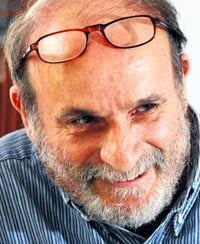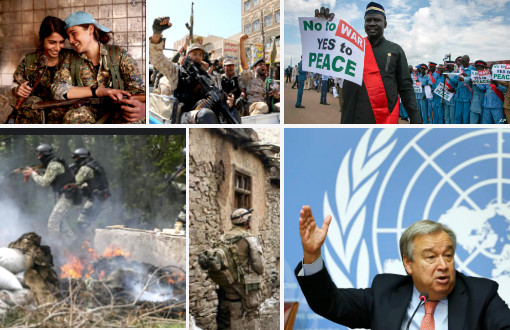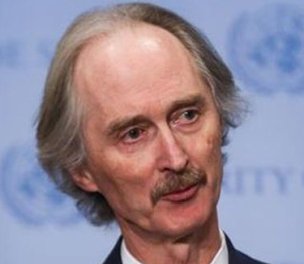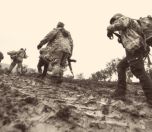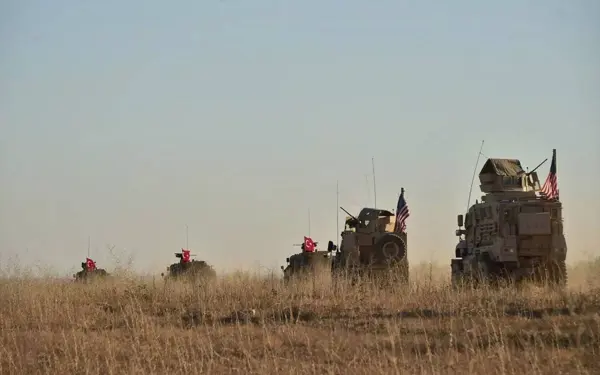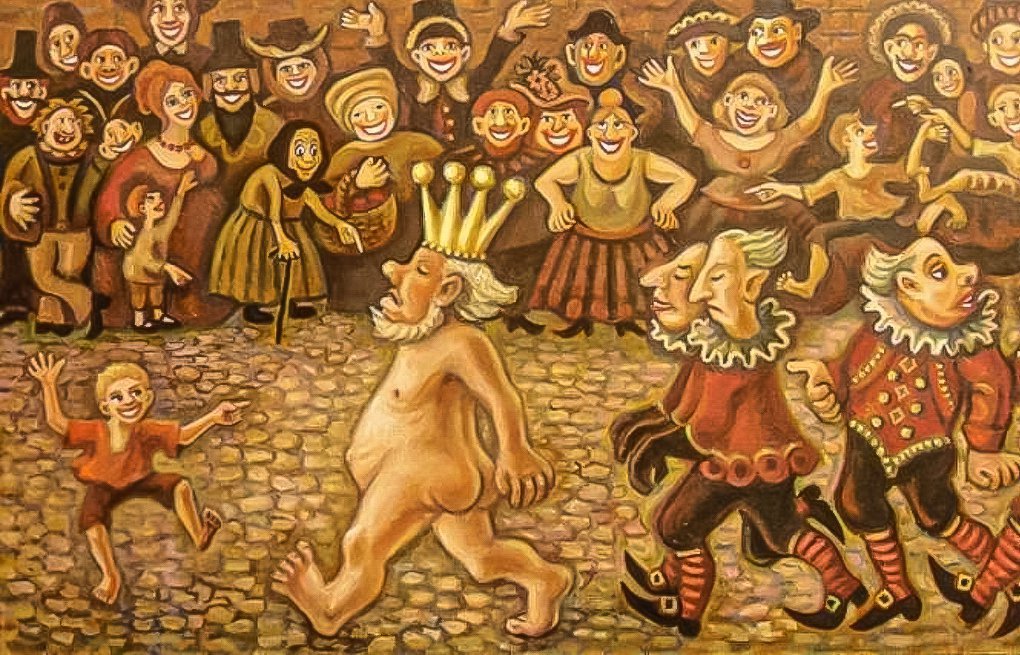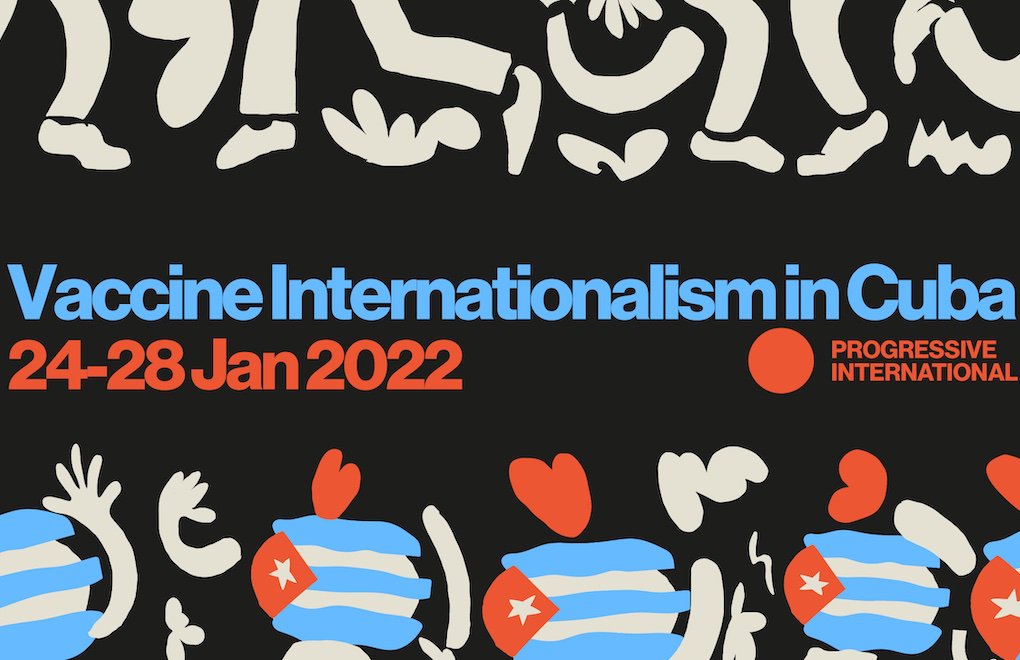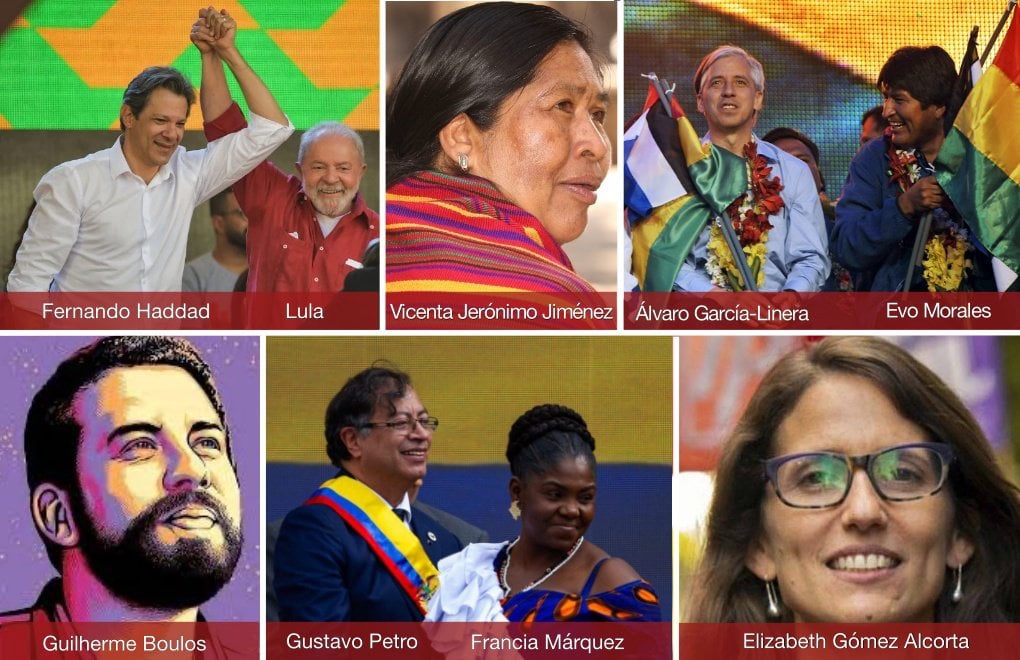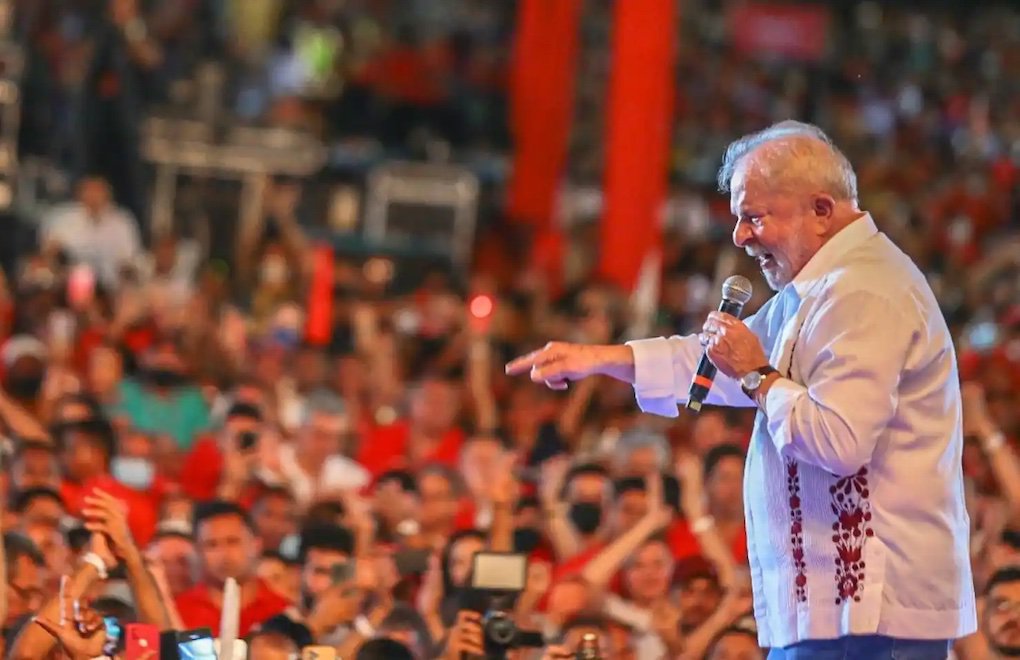Fighters in Afghanistan, Cameroon, the Central African Republic, Colombia, Libya, Myanmar, the Philippines, South Sudan, Sudan, Syria, Ukraine and Yemen have all "expressed their acceptance" for his call for warring parties to stop fighting amid the COVID-19 pandemic that is having devastating effects worldwide, UN Secretary General Antonio Gutteres told in a written statement on Friday.
In an appeal issued on 23 March the UN Secretary-General had urged warring parties across the world "to lay down their weapons in support of the bigger battle against COVID-19: the common enemy that is now threatening all of humankind".
"The virus has shown how swiftly it can move across borders, devastate countries and upend lives," Guterres had said. "We need to do everything possible to find the peace and unity our world so desperately needs to battle COVID-19."
Having gained strong backing for his previous appeal, Guterres in his recent call on Friday said that to further the call for a worldwide ceasefire, "citizen action is more important than ever," and called for people to add their voice by signing a petition that was started by a social media networking site called Avaaz, a group that describes itself as a "global web movement to bring people-powered politics to decision-making everywhere."
Kurdish led The Syrian Democratic Forces (SDF) General Command had on 24 March, in a swift response to Guterres's call, released a statement, expressing support for the (UN) secretary-general's appeal and announcing the "SDF's commitment to avoid engaging in military action."
"For their part, our forces declare their commitment to a legitimate defense situation and avoid engaging in any military actions, and we hope that this humanitarian truce will help to open the door for dialogue and political solution and to put an end to the war in the world and Syria," the SDF pledged. And called "all parties of the Syrian conflict to refrain from any military initiatives or actions, and to an immediate commitment to a humanitarian truce."
The UN Special Envoy for Syria Geir Pedersen had also appealed on 24 March "specifically for a complete, immediate nationwide ceasefire throughout Syria to enable an all-out-effort to suppress COVID-19 in Syria".
To implement a nationwide ceasefire and help Syrians respond to the COVID-19 crisis, Mr. Pederson offered his assistance to the Government, the opposition, all relevant players on the ground, and key countries with influence that can support a scaling-up of action and ensure that the ceasefire holds, such as Turkey and Russia.
"Our common humanity demands that we act now so that the Syrian people are spared further fighting and that we combat this new threat to Syrians and to our world", he explained.
"Let's end the violence, work together to combat COVID-19 in Syria, and work to move ahead on a political way out of the crisis in Syria", concluded the UN envoy.
"Albeit the UN is well aware of the developments leading to continued conflict between Damascus, Turkish backed groups and the SDF calls on all parties to stop the animosity and declare a truce under these circumstances", commented London based pan-Arab newspaper Al-Arab in an editorial last week.
Quoting "diplomatic sources", Al-Arab reports that France is urging to carry the truce issue to the UN Security Council. With the declaration of cease-ceasefire international organisations can pursue a more effective fight against the epidemic, Al-Arab concludes.
Ankara and Damascus are yet to react the UN calls while the state-run Turkish news agency Anatolia, in its report on Pedersen's report says, "On March 5, Turkey and Russia agreed on a cease-fire to halt fighting in northeastern Syria." However this agreement sealed in Moscow concerns the conflict in Idlib, on the northwest, not in the northeast while Syrian Kurdish provinces of Êfrin, Serakanîe and Gre Spi still remain under Turkey's occupation.
"The COVID-19 outbreak has "underscored the imperative of stopping the fighting across the world," UN Secretary General said on Friday. "Many have heard and some answered my global appeal for a ceasefire... both state and non-state actors." But Guterres warned "The worst is yet to come," adding that there is a major difference between "declarations and deeds — between translating words into peace on the ground and in the lives of people." (EK/EK)




